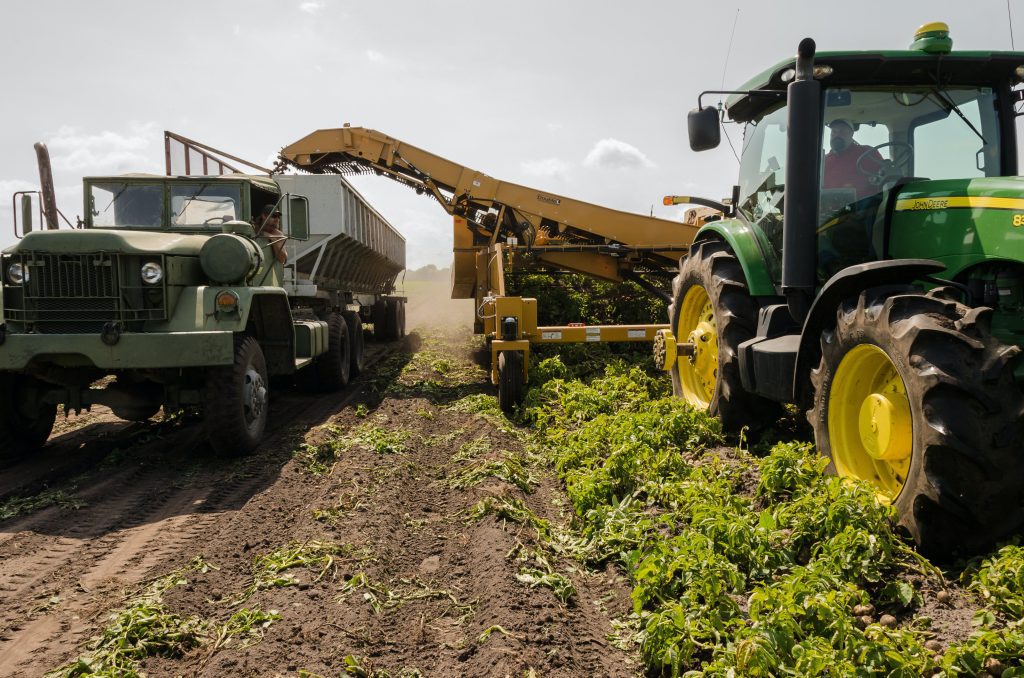Overview
In the heartlands of our nations, where the earth meets the sky in an unending horizon, lies the backbone of our sustenance – agriculture. Yet, behind the idyllic scenes of verdant fields and contented livestock, lies a complex web of challenges that farmers face daily. From procuring modern equipment to securing land for cultivation, and even managing the day-to-day operational costs, farmers often find themselves in need of financial support. This is where agricultural loans step in, serving as a lifeline for those who till the land and tend to our food sources.
Equipment Financing:
Modern agriculture relies heavily on advanced machinery and technology to increase efficiency and yield. However, the initial cost of acquiring such equipment can be prohibitive for many farmers. This is where equipment financing through agricultural loans becomes invaluable. Whether it’s tractors for plowing, harvesters for reaping, or irrigation systems for ensuring consistent yields, these loans enable farmers to access the tools they need to thrive.
Take, for instance, a small-scale farmer who dreams of expanding operations but lacks the capital to invest in machinery. Through an agricultural loan tailored for equipment financing, they can purchase or lease the necessary tools, thereby increasing productivity and potentially elevating their socio-economic status.
Land Purchase:
Land is the foundation upon which agriculture thrives. However, with urbanization encroaching upon agricultural areas and land prices soaring, acquiring or expanding farmland has become increasingly challenging for farmers. Agricultural loans that support land purchase provide farmers with the means to secure the acreage they need to sustain and grow their operations.
Consider the case of a young couple looking to start their own farm but facing hurdles in acquiring land due to financial constraints. With the assistance of an agricultural loan designed for land purchase, they can turn their aspirations into reality by buying a plot of land where they can cultivate crops or raise livestock.
Operational Costs Support:
Beyond the initial investments in equipment and land, farmers also require financial support to cover operational costs such as seeds, fertilizers, pesticides, labor, and maintenance. Agricultural loans that cater to operational expenses offer farmers the flexibility to manage their cash flow effectively throughout the farming season, ensuring that they have the resources necessary to sustain their operations from planting to harvest.
Take, for example, a seasoned farmer facing a drought that threatens to decimate their crops. With an agricultural loan providing operational cost support, they can purchase drought-resistant seeds, invest in water-saving irrigation techniques, and hire additional labor to mitigate the impact of adverse weather conditions and safeguard their livelihood.
The Impact of Agricultural Loans:
The significance of agricultural loans extends far beyond the individual farmer. By empowering farmers with the financial means to invest in modern equipment, secure land, and cover operational expenses, these loans contribute to the overall growth and sustainability of the agricultural sector. Increased productivity and efficiency translate into higher yields, better quality produce, and enhanced food security for communities.
Moreover, agricultural loans play a pivotal role in rural development, stimulating economic activity and creating employment opportunities in rural areas. As farmers expand their operations and invest in modernization, they generate demand for goods and services, fostering a ripple effect that benefits ancillary industries such as agribusinesses, transportation, and retail.
Conclusion:
In essence, agricultural loans are more than just financial instruments; they are catalysts for transformation and progress in the agricultural sector. By providing farmers with the necessary resources to overcome barriers and unlock their full potential, these loans enable them to feed nations, sustain livelihoods, and build resilient communities. As we look toward the future, it is imperative to recognize the critical role that agricultural loans play in shaping a sustainable and prosperous agricultural landscape for generations to come.






